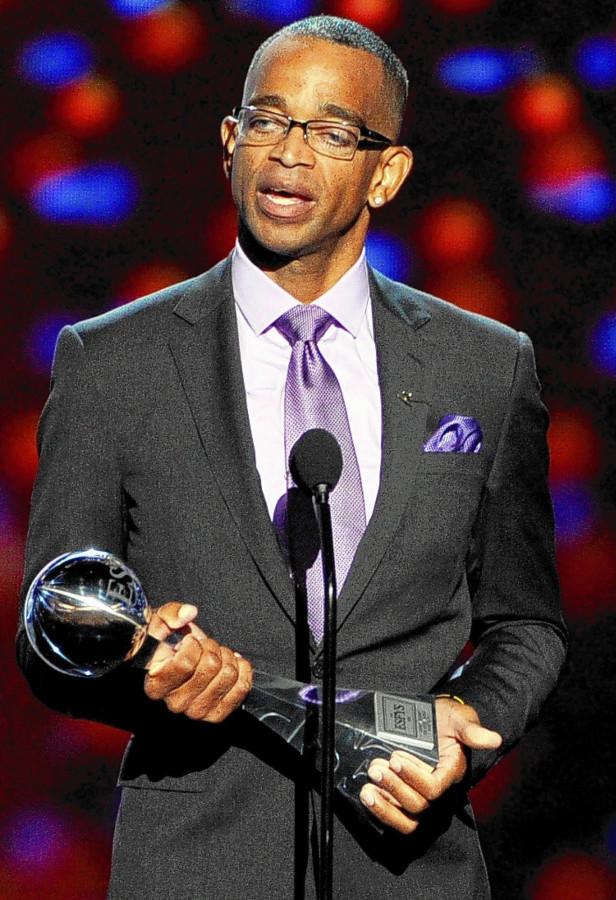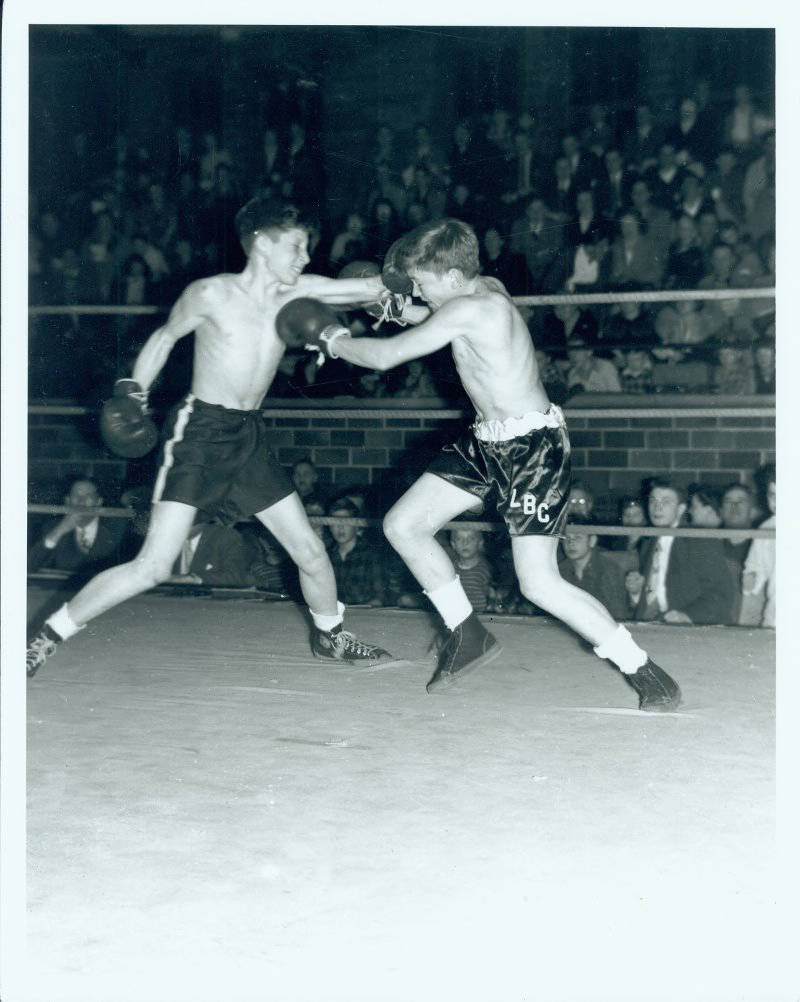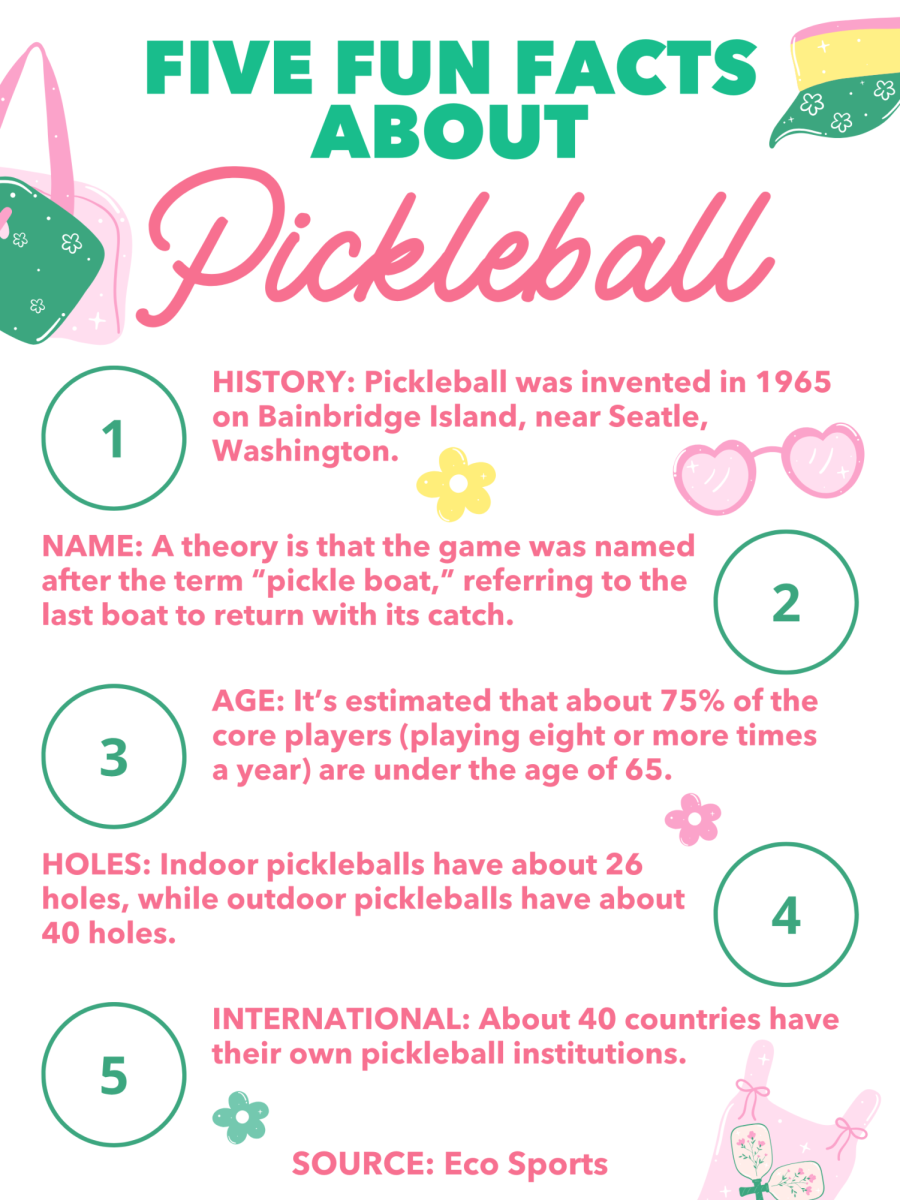On Jan. 4, the world lost one of its finest and most innovative sports journalists and anchors, 49-year-old Stuart Scott.
For sports enthusiasts all over the country, watching ESPN’s “SportsCenter” is considered a daily activity that will now be forever different with the absence of Scott. After dealing with cancer on and off for seven hard years, Scott lost his life.
Before Scott was a sportscaster, the world of sports journalism and broadcasting mainly consisted of communicating the scores to the viewers and then going on to the next segment of the show. In other words, sports journalism did not have much spark and was fairly business-like in nature. That began to change in 1993, however, when Chicago native and University of North Carolina graduate Scott joined ESPN when they decided to expand their horizons in the creation of ESPN2.
In his early career, Scott’s style and swagger were noticed almost immediately during his pre-ESPN clips. In Orlando, he met current ESPN producer Gus Ramsey, who had noticed and appreciated Scott’s skills and charisma in front of a camera.
“You knew the second he walked in the door that it was a pit stop, and that he was gonna be this big star somewhere someday. He went out and did a piece on the rodeo, and he nailed it just like he would nail the NBA Finals for ESPN,” Ramsey said in an ESPN article.
Scott first got his real chance to show everyone in the country his new style when he anchored ESPN2’s “SportsSmash.”
“He was like a ball of fire walking in the door. I had never met anybody like Stuart Scott,” commented ESPN senior Vice President Mark Gross in an ESPN obituary of Scott.
As Scott became more relevant in the sportscasting world, he started to attract a new audience with his spunk and exuberant way of giving the nation the sports news. For example, Scott would always use his catchphrases when he announced the top ten plays of the day. When Scott started at ESPN, his style was so different that there was some resistance amongst his colleagues and viewers because of his untraditional style.
Scott was first diagnosed with appendiceal cancer in 2007. This type of cancer is extremely rare, as it only affects 600-1,000 Americans a year, according to Eric Goldschein of SportsGrid. Scott had a tumor in his appendix that was less than two centimeters long and had not yet spread. After Scott initially beat the cancer, it came back in 2011, but he surprisingly was able to beat it once again. Tragically, the cancer reappeared in 2013, but this time Scott was unable to successfully fight it for a third time. The MD Anderson Cancer Center reports that more than 85 percent of the people with appendix cancer only survive up to five years with the disease. Scott, however, being the fighter that he was, survived it for more than seven.
Scott was a warrior both on and off the screen; he brought passion and an undeniable work ethic to his broadcasting, all the while maintaining a very rigorous workout schedule.
“My post-chemo workout doesn’t have to last long. Maybe 20 or 25 minutes. I’ll start by skipping rope for a couple of minutes; then I hit the pads for some kickboxing and then do 2 sets of 50 pushups. That’s a round. I’ll do that three times. And then I’ll crash on the floor for a couple of hours,” Scott commented, regarding his way of fighting cancer, in an interview with Men’s Health magazine in 2013.
One example of how Scott was “smooth like butter” happened in the 2014 NBA Finals when he was broadcasting live to present the San Antonio Spurs their championship trophy. What thousands of people didn’t know at the time was that even after doing 300 push-ups that day, while simultaneously battling cancer, Scott had the energy to broadcast this huge event in an extremely professional, captivating, and enthusiastic manner.
“Stuart Scott was an inspiration to everyone. Being able to see someone dying in front of you and having them persevere shows everyone not to give up when rough times come,” stated LHS junior Luke Uransel.
Scott’s famous sayings
- “Like gravy on a biscuit, it’s all good!”- Scott brought this line up whenever a player made a nice play.
- “See, what had happened was…”- This infamous quote was from the 2004 NBA Eastern Conference Final when Rasheed Wallace of the Pistons threw up an air-ball from the three point line.
- “You ain’t gotta go home, but you got to get the heck up outta here.” Scott uttered this whenever a player would strike out in baseball
- “He treats him like a dog. Sit. Stay.”- This line is both cruel and perfect. When Allen Iverson broke a defender’s ankles with a series of dribble moves, Scott had no remorse for the poor man, telling like it was (or how he saw it) to all of his viewers!
- “This is your world, (player name), we’re just livin’ in it.”-If a player would pull off a spectacular play, Scott would give him/her praise with this great line.
- “As cool as the other side of the pillow.”- This line which is my personal favorite is used when a player faces a pressure situation and comes through for his or her team.
- “When you die, it does not mean that you lose to cancer, You beat cancer by how you live, why you live, and in the manner in which you live.”-Scott said this last July when he accepted the Jimmy V ESPY award for perseverance.







![Senior Liam Hanson (1) is escorted by his parents before the game to celebrate senior night. He will miss “hanging out with [his] boys and going out to eat after games and practices.”](https://www.lhsdoi.com/wp-content/uploads/2025/02/IMG_1389-1200x800.jpg)
